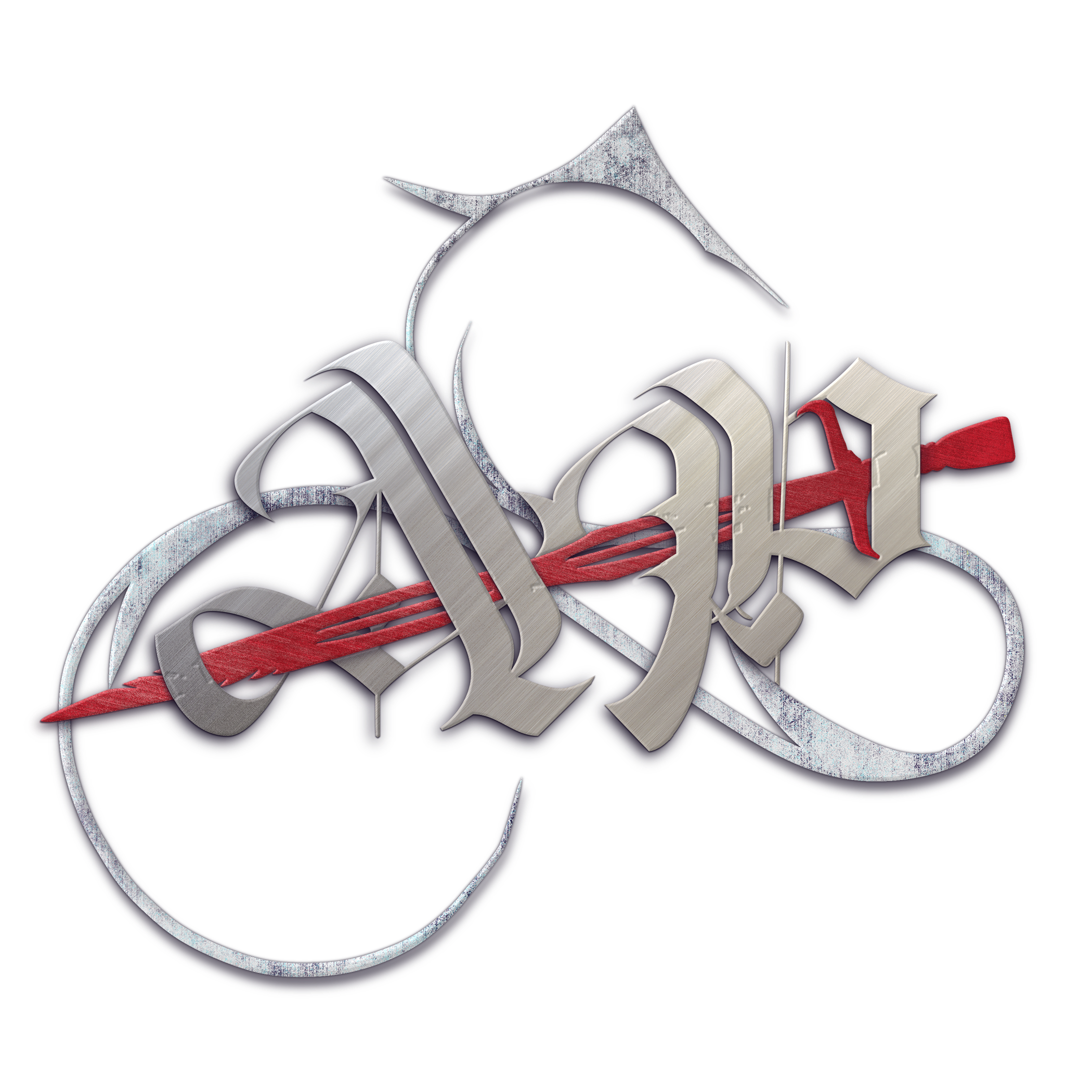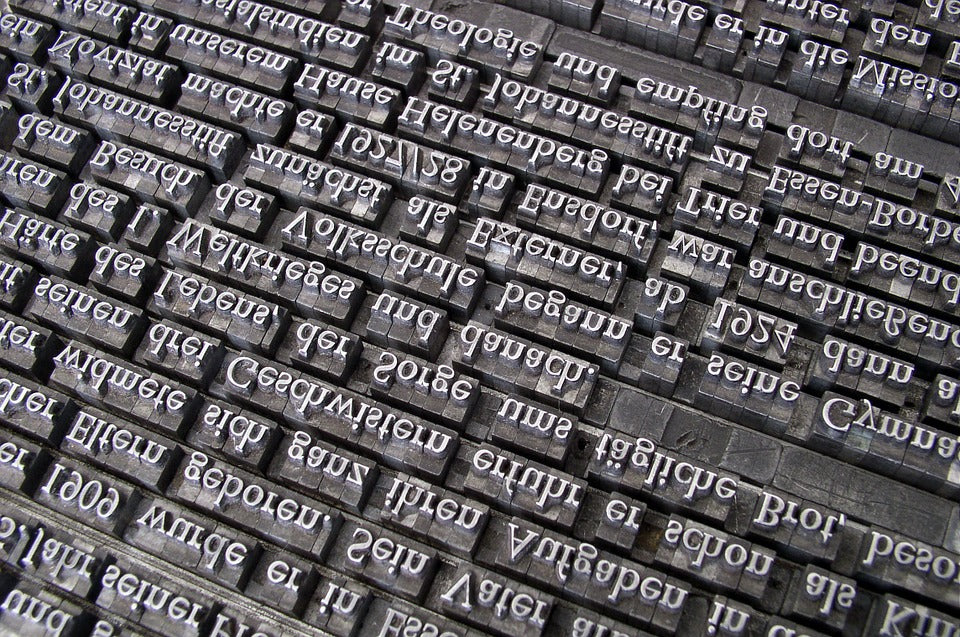When it comes to creative writing, we all have our "style". Some people like to use fewer words and shorter sentences, while others of us (I'm guilty of this) prefer to go with longer sentences that use more flowing words.
Longer sentences aren't bad, but they must be constructed properly to avoid being boring, dry, or becoming run-on sentences. Transition words are useful to help you put together better longer sentences.
Transition words and phrases signify a connection between portions of the sentences. They can compare, contrast, and organize, and they can help make the transition between the various parts of the sentences smoother.
There are a few types of transition words:
- Addition/agreement -- In addition to, by the same token, as well as, furthermore, and moreover serve to reinforce or add on to the sentence.
- Opposition/contradiction– In spite of, instead, although, despite, but, and nevertheless can all indicate a shift in perspective or belief in the sentence.
- Condition/cause– Because of, while, due to, provided that, and in order to all show causes and conditions that link parts of a sentence together.
- Emphasis/example– For example, for this reason, chiefly, especially, to emphasize, in other words, and in general all support or emphasize the idea you are trying to communicate, highlighting them for the reader's attention.
- Summary/conclusion – As shown above, in summary/conclusion, to sum up, and for the most part are all used to close an idea or thought, or to sum up what was just said.
- Place/location – Near, above, beneath, beside, across, between, further, farther, and in the middle all help to qualify location in writing, and work together with time/sequence transitions to give the reader an understanding of the "where".
- Time/sequence – First, later, before, during, after, until now, by the time, occasionally, and from time to time all answer the "when" of the writing.
- Consequence/effect – Because, for, so, hence, and consequently explain the reason behind something or the consequence of the action.

